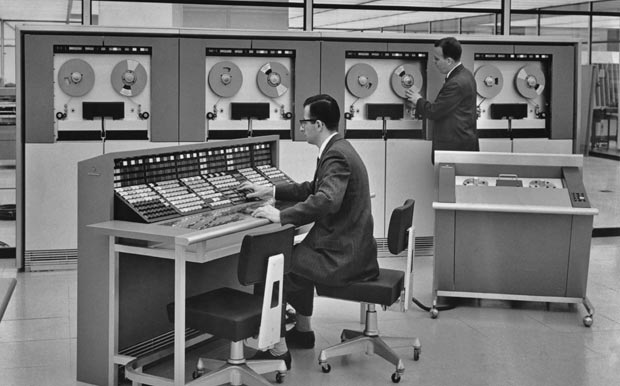Essential Tips to Safeguard Your Data

Protecting your data is crucial in today’s digital world as cyber threats constantly evolve. Here are some essential tips to help safeguard your information:
Regularly Delete Unnecessary Data Remove outdated data that is no longer needed to reduce your risk of cyberattacks. Treat digital files like physical documents—securely erase or destroy them when they’re no longer required. Use trusted guidelines for wiping storage devices or consult professional services for secure data destruction.
Use Strong Passwords Implement a strong password policy:
- Use a mix of uppercase, lowercase, numbers, and special characters.
- Set a minimum of 12 characters.
- Change passwords every 6 months and avoid reusing any of the last 5.
- Each user should have a unique account and password. Avoid shared accounts.
Consider a password manager to securely store and generate passwords.
Enable Multi-Factor Authentication (MFA) Use MFA on all accounts to add an extra layer of security, making it harder for attackers to access your information.
Be Cautious with Emails and Links Beware of phishing attacks. Do not open attachments or click on links from unknown sources. Always verify the sender independently.
Keep Software Up-to-Date Regularly update operating systems, applications, and firmware to protect against vulnerabilities.
Install Security Software Use reputable antivirus and anti-malware software. Enable features like real-time scanning, firewall protection, and automatic updates.
Backup Data Regularly Create secure, encrypted backups of important data. Store them offline or in a secure cloud environment to recover information in case of data loss or ransomware attacks.
Develop an Incident Response Plan Work with your IT team to establish a response plan for security breaches, including communication protocols and recovery steps.
Educate Your Team Provide regular cybersecurity training to your team. Include training in the onboarding process and offer refreshers to keep everyone informed of the latest threats and best practices.
Stay Informed Keep up with the latest cybersecurity news and trends. Be ready to update your security measures as new threats emerge.
While no security measure can guarantee 100% protection, following these guidelines will greatly reduce your risk. Stay vigilant and work closely with your IT team to strengthen your defenses.

Tony
Director and Founder
Inorbital founder and digital solution architect with over 20 years’ experience planning and directing dynamic web presence and web applications for all types of organizations. When not directing Inorbital you can find him actively trying something completely new. You can schedule a meeting with me here

